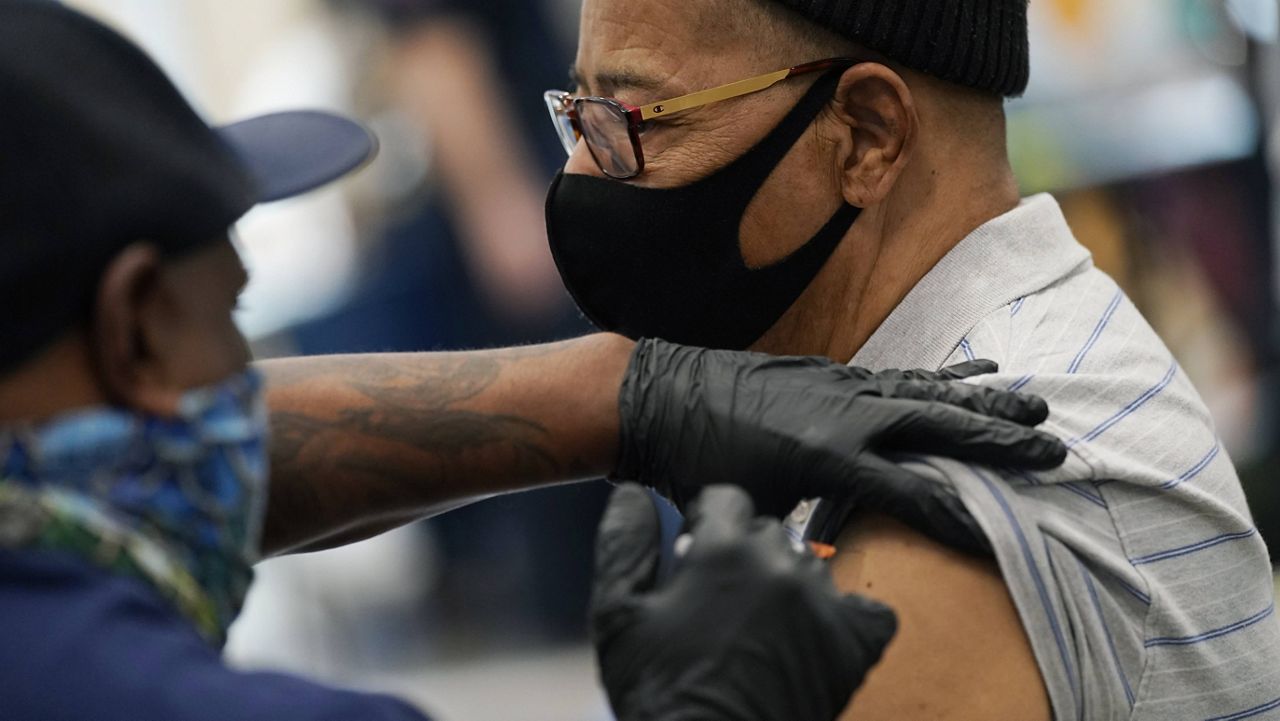The Centers for Disease Control and Prevention issued new guidance Wednesday clarifying what is expected when a person who has been fully vaccinated is exposed to someone with a suspected or confirmed case of COVID-19.
What You Need To Know
- The CDC has issued new guidance clarifying what is expected when a person who has been fully vaccinated is exposed to someone with a suspected or confirmed case of COVID-19
- Quarantining is not recommended for people if they meet three criteria listed by the public health agency
- Otherwise, anyone who has been in close contact with someone with a suspected or confirmed case should follow the CDC’s general quarantine guidance
"Fully vaccinated persons who meet criteria will no longer be required to quarantine following an exposure to someone with COVID-19," the CDC said in updated guidance released Wednesday.
Quarantining is not recommended for people if they meet all three of the following criteria:
They received the second dose of a two-shot vaccine or the lone dose of a single-shot vaccine at least two weeks before the exposure, allowing enough time to build a full immune response.
They are within three months of receiving their final dose.
They have not exhibited any symptoms since the exposure.
Otherwise, anyone who has been in close contact with someone with a suspected or confirmed case should follow the CDC’s general quarantine guidance, the public health agency said. It recommends that people who might have been exposed to the virus stay home for at least 14 days and, if possible, stay away from others, especially people who are at high risk for severe COVID-19.
The two vaccines approved for emergency use in the U.S., developed by Pfizer and Moderna, both require two doses.
Last week, Johnson & Johnson requested emergency use authorization from the Food and Drug Administration for its vaccine, which requires one shot.
Studies showed that Pfizer and Moderna vaccines are about 95% effective, while the Johnson & Johnson shot proved to be 66% effective at preventing moderate to severe cases of COVID-19.
While the approved vaccines may dramatically reduce someone’s chances of becoming sick from the coronavirus, there is limited data on if they reduce transmission of the virus and how long protection from the vaccines last. Their efficacy against more highly contagious variants also is unclear, though some studies have suggested they do work against them.
For these reasons, the CDC recommends that people who have been vaccinated continue to follow public health guidelines, including wearing a mask, staying 6 feet away from others, and avoiding crowds and poorly ventilated spaces.
